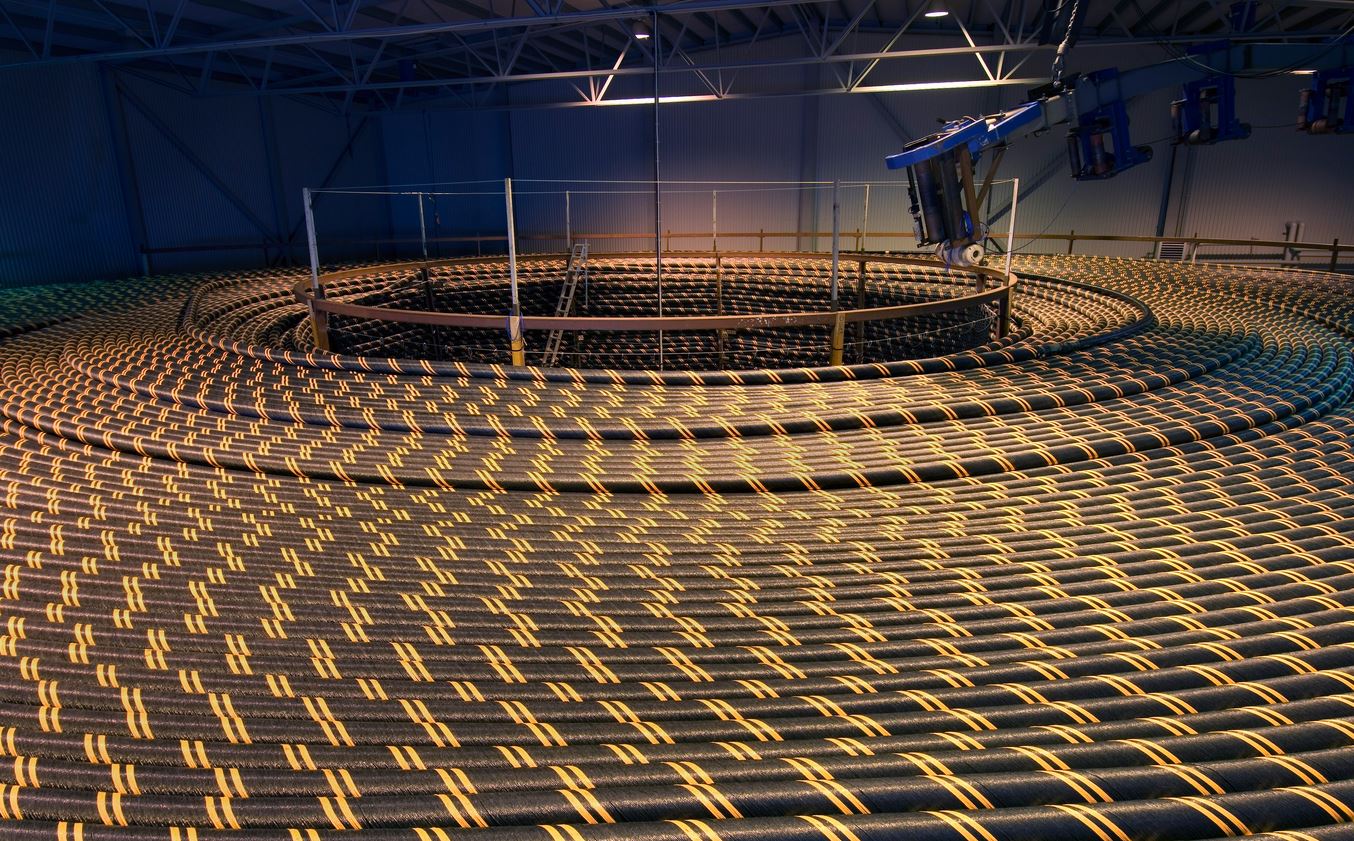Market pundits have stressed the need for private-sector involvement in a project to interconnect Crete with the mainland, noting the support would swiften and help complete the project, planned to be carried out over two stages, initially as a small-scale interconnection followed by a full-scale one.
Pundits told energypress that private-sector support would help complete the full-scale project, linking Crete with the wider Athens grid, over the next three to four years. The first stage’s small-scale interconnection is planned to cover part of the distance, from Crete to the Peloponnese.
Besides promising to benefit the national economy, society, environment, local economic growth and employment, this project’s completion would also utilize renewable energy sources (RES).
Household electricity bills, nationwide, stand to be reduced as a result of lower Public Service Compensation (YKO), a surcharge included on electricity bills to cover the high operating costs of Crete’s three aging and inefficient mazut and diesel-fueled stations.
Doubts have already been expressed as to whether the interconnection project linking Crete with Molai, in southern Peloponnese’s Lakonia prefecture, can be completed in three years, as noted by IPTO, the power grid operator, a wholly owned subsidiary of PPC, the main power utility, in its ten-year plan covering 2017 to 2026, which was endorsed last month by RAE, the Regulatory Authority for Energy.
Overall experience has shown that public-driven infrastructure projects of equivalent scale, including the Cyclades and Evia interconnections, have moved slowly through years of planning, licensing, and development. Besides delaying the delivery of projects, this foot-dragging has ultimately increased project costs.
The involvement of the the private sector would definitely provide incentives for swift progress, based on market-oriented objectives, pundits stressed.
Sources told energypress that PPC and IPTO’s estimate for completing Crete’s small-scale interconnection, budgeted at 200 million euros, could actually cover the project’s entire cost.





